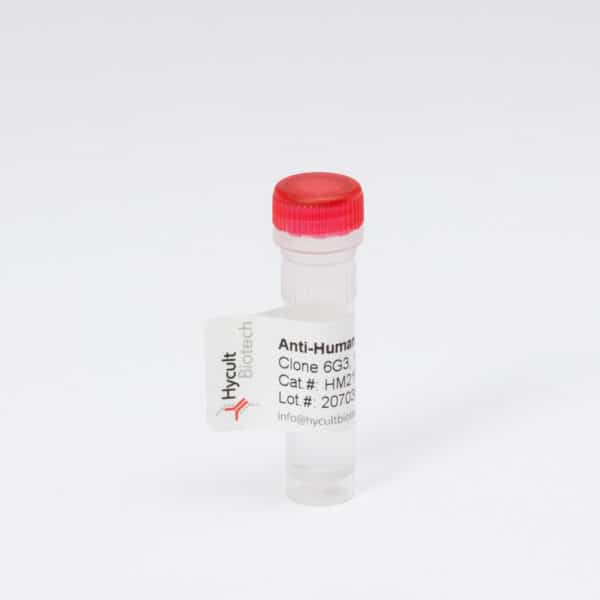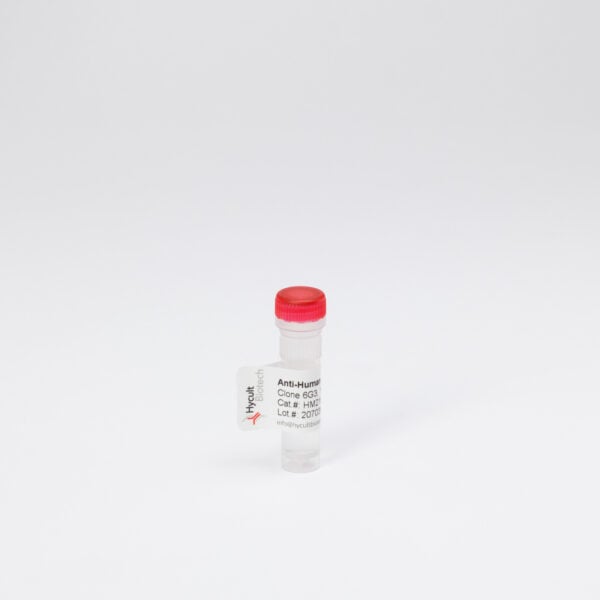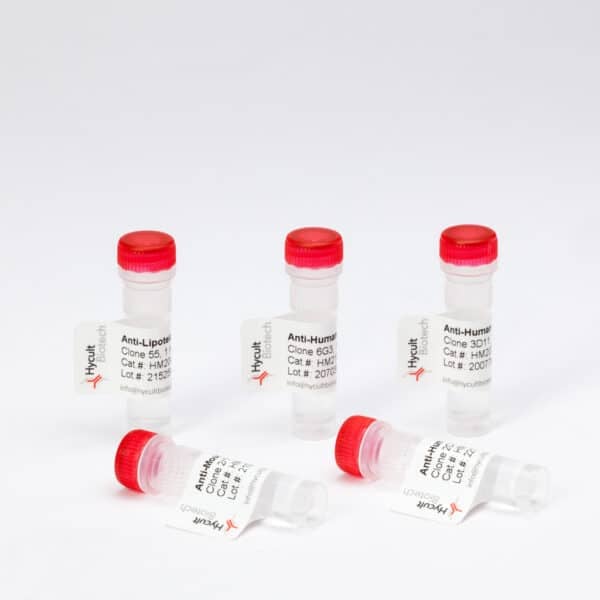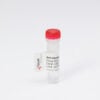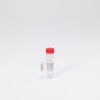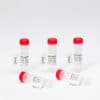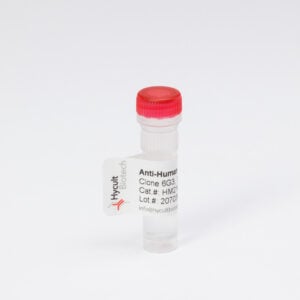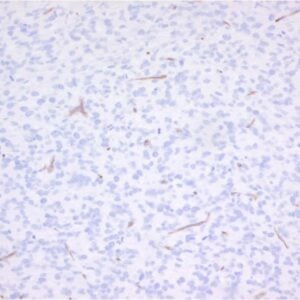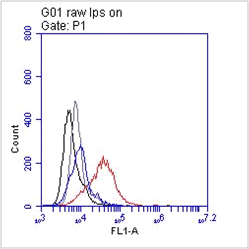Protein C, Human, mAb PC107
€139.00 €431.00Price range: €139.00 through €431.00
Monoclonal antibody PC107 is specific for activated Protein C (APC). Protein C (PC) is an important regulator of the blood coagulation system. The anticoagulant PC is converted to activated protein C (APC) by the thrombomodulin (TM)-thrombin complex on the phospholipid surface of endothelial cells, monocytes, and platelets. This process is enhanced in the presence of the endothelial protein C receptor (EPCR). In addition to its regulatory function in the blood coagulation system, studies indicate important roles for APC in inflammatory processes. The administration of APC prevents lethal effects of Escherichia coli-associated sepsis in experimental animal models and appears effective for the treatment of patients with meningococcemia or acquired PC deficiency. Treatment with APC improves the clinical outcome of patients with sepsis. The anti-inflammatory activity of APC depends on its ability to suppress the secretion of cytokines as tumor necrosis factor-alpha by inflammatory cells, the activation and extravasation of leukocytes and the expression and function of adhesion molecules. APC may also suppress the expression of growth factors and members of nuclear factor-kB (NF-kB) family of transcription factors. The monoclonal antibody PC107 is specific for activated human protein C (APC) and it lacks reactivity for Protein C. The monoclonal antibody recognizes the light chain of the APC molecule.
